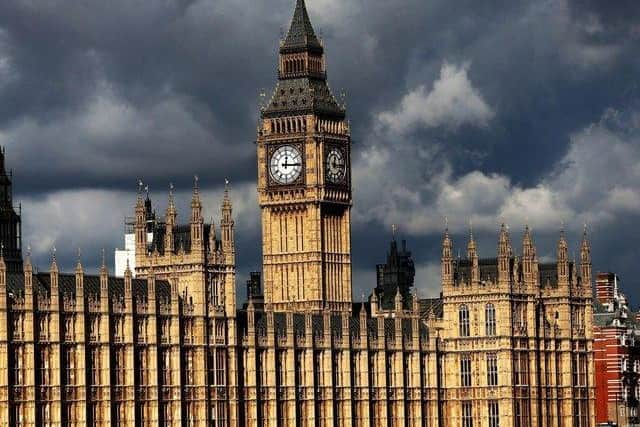HMRC confirms making 10 referrals where people died by suicide and used 'disguised remuneration' scheme
The heartbreaking announcement that 10 people have tragically died by suicide after using a “disguised remuneration scheme” should concentrate minds on the Treasury Select Committee. The confirmation of these cases is contained in a letter sent by Jim Harra, the chief executive and first permanent secretary at HMRC to Harriett Baldwin MP, the committee’s chair.
In his letter to Ms Baldwin, Mr Harra states: “HMRC recognises that dealing with a compliance investigation, and receiving a large tax bill as a result of such an investigation, can be stressful. HMRC takes loss of life or serious injury extremely seriously. Where we learn that a customer has lost their life or suffered serious injury and there is any suggestion that this might be linked to contact with HMRC, the matter is reviewed by an internal governance team within HMRC that is separate from the case team, and relevant cases are referred to the Independent Office for Police Conduct (IOPC).
Advertisement
Hide AdAdvertisement
Hide AdHe added: “HMRC has made ten referrals to the IOPC where a customer has sadly taken their life and had used a disguised remuneration scheme, the first of which was made in March 2019. Eight investigations have concluded and there was no evidence of misconduct by any HMRC officer. Two investigations are currently ongoing.”


Mr Harra said that HMRC is taking forward “organisational learning from concluded investigations” and is committed to making improvements so that it avoids causing undue stress and, “wherever possible, we identify vulnerable taxpayers and give them the extra help they need”.
So what precisely is a ‘disguised remuneration’ scheme? When he appeared before the Treasury Committee last year, Mr Harra said “the loan charge is a piece of legislation designed to tackle what we call ‘disguised remuneration schemes’.
He added: “They are schemes designed to disguise employment income as a non-taxable form of receipt, such as a loan.”
Advertisement
Hide AdAdvertisement
Hide AdThe loan charge is controversial because it has left some taxpayers on modest incomes with life-changing bills. In many cases, they had become involved with schemes covered by the loan charge after taking professional advice. They were not seeking to avoid their responsibilities as taxpayers. At least 120 Parliamentarians have signed an open letter to the Prime Minister and Chancellor urging them to find a resolution to the “unjust” loan charge and avoid further tragedies.
The letter states: “As well as pushing people to take their own lives and causing numerous mental and family breakdowns, the loan charge has failed to stop the promotion of tax avoidance schemes. There is also the central injustice – that those who recommended, promoted and operated these arrangements are not being asked to pay a penny of the disputed tax, but those they mis-sold these arrangements to are being hit with bills they cannot possibly pay.”
MPs from all parties continue to warn that the loan charge poses a suicide risk to honest people. It’s surely time for the Prime Minister to intervene and order constructive engagement with MPs who wish to close the door on this tragic saga.
Greg Wright is the deputy business editor of The Yorkshire Post
Advertisement
Hide AdAdvertisement
Hide AdWhen life is difficult, Samaritans are here. You can call them for
free on 116 123, email them at [email protected],
or visit www.samaritans.org to find your nearest branch.